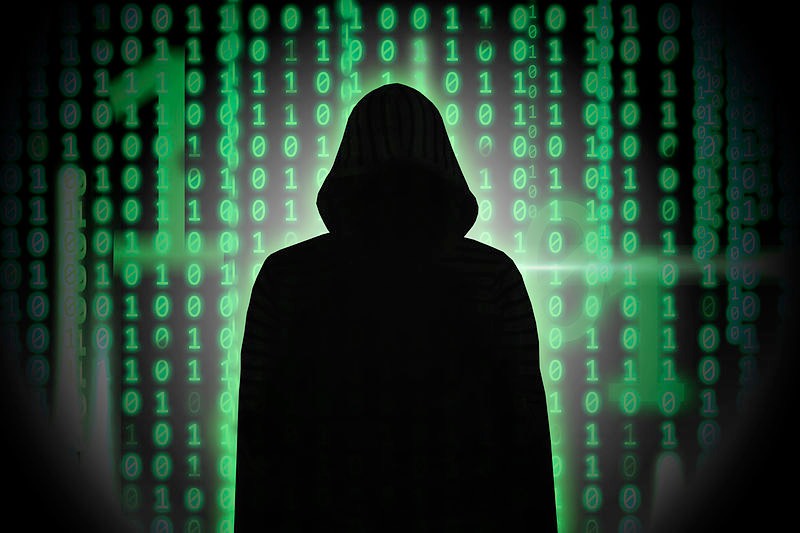 NEWS
NEWS
 NEWS
NEWS
 NEWS
NEWS
Scammers are using data from the recent high profile hacks of MySpace, LinkedIn, Tumblr, and others sites in a new form of extortion scam, according to a warning issued by the Federal Bureau of Investigation (FBI).
The bureau’s Internet Crime Complaint Center (IC3) said in a statement that it continues to receive reports from individuals who have received extortion attempts via e-mail; the email claims that the extortionist has obtained personal information, such as their name, password, contact details, and credit card information, and that this information will be released to the targeted persons social media contacts, family and friends if a ransom payment, usually in the range of 2 to 5 Bitcoin ($1,000 to $2,500) is not forthcoming within a given deadline.
Example letters as follows:
“Unfortunately your data was leaked in a recent corporate hack and I now have your information. I have also used your user profile to find your social media accounts. Using this I can now message all of your friends and family members.”
“If you would like to prevent me from sharing this information with your friends and family members (and perhaps even your employers too) then you need to send the specified bitcoin payment to the following address.”
“If you think this amount is too high, consider how expensive a divorce lawyer is. If you are already divorced then I suggest you think about how this information may impact any ongoing court proceedings. If you are no longer in a committed relationship then think about how this information may affect your social standing amongst family and friends.”
“We have access to your Facebook page as well. If you would like to prevent me from sharing this dirt with all of your friends, family members, and spouse, then you need to send exactly 5 bitcoins to the following address.”
“We have some bad news and good news for you. First, the bad news, we have prepared a letter to be mailed to the following address that details all of your activities including your profile information, your login activity, and credit card transactions. Now for the good news, You can easily stop this letter from being mailed by sending 2 bitcoins to the following address.”
The Bureau warned that along with practicing safe internet, such as not opening attachments from unknown people, the general public should also monitor their bank accounts for fraudulent activity.
Those who receive an emails like the ones above should under no circumstances communicate with the sender, but should instead contact their local FBI field office, and file a complaint with the IC3 at www.ic3.gov; complaints should be sent with the title “Extortion E-mail Scheme” in the subject heading, and should include any relevant information to assist their Bureau in their investigations.
Support our mission to keep content open and free by engaging with theCUBE community. Join theCUBE’s Alumni Trust Network, where technology leaders connect, share intelligence and create opportunities.
Founded by tech visionaries John Furrier and Dave Vellante, SiliconANGLE Media has built a dynamic ecosystem of industry-leading digital media brands that reach 15+ million elite tech professionals. Our new proprietary theCUBE AI Video Cloud is breaking ground in audience interaction, leveraging theCUBEai.com neural network to help technology companies make data-driven decisions and stay at the forefront of industry conversations.